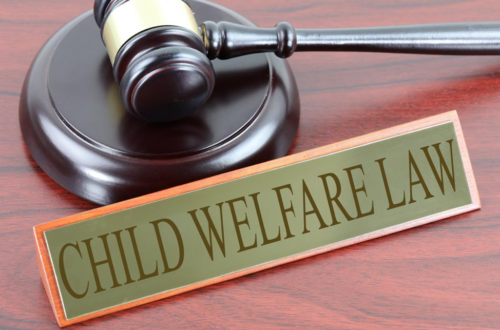Earlier this month, Floridians voted in favor of Florida Amendment 2, the initiative to increase the state’s minimum wage from $8.56 an hour to $15 an hour by 2026. The initiative needed a 60% supermajority vote to be approved; it passed with 60.82% of the vote.
The amendment plans to gradually increase the minimum wage by $1 every year until 2026. In other words, it would increase to $10 an hour by 2021, $11 an hour by 2022, etc.
In the past, Florida has been known to only increase its minimum wage by a few cents every year, with the most recent 2020 increase being a mere 10 cents.
Initial reactions to the amendment were positive and attracted national attention, with Senator Bernie Sanders of Vermont tweeting “All over America, voters approved a progressive agenda. Now, Congress must act.”
The news also seemed positive to local business owners. “Raising the minimum wage will also increase consumer spending – and that helps out business and the businesses around us,” said Veronica Menin and Diego Tosoni, owners of Love Life Café in Miami.
However, many also have doubts about the potential impacts of this initiative. In a technical analysis of the effects of an increase in the minimum wage, Florida professors of economics Dr. David Macpherson and Dr. William Even predicted that the state would lose up to 158,000 jobs, and this would have a disproportionate impact on the hospitality industry.
Macpherson and Even evidenced their prediction by explaining that with a heavily increased minimum wage, employers will start to increase their prices. However, if price increases don’t attract the same business as it did before, employers will have no choice but to let employees go.
“The most credible conclusion is a higher minimum wage results in some job loss for the least-skilled workers – with possibly larger adverse effects that earlier research suggested,” said Professor David Neumark of the University of California-Irvine.
On a national level, the Congressional Budget Office reports that a $15 minimum wage across the country would increase the living standards of 17 million people. However, the CBO also reports that 1.3 million other workers would end up losing their jobs.
While these are obvious negative implications of the initiative, the Florida Policy Institute does estimate that over time the state would see an extra $577 million in sales tax revenue with the initiative in place.
Additionally, FPI’s report points out that since part of the state budget will now be going toward effectively controlling the COVID-19 pandemic in Florida, lawmakers need to think of how they can assure Floridians that they would be financially secure in case of a potential lockdown and/or a possible COVID-19 infection.
“As Florida prepares to manage a pandemic-related budget shortfall totaling at least $5.6 billion over the next several years… increasing the minimum wage would make this daunting task much easier and be a major step toward shared prosperity,” reports the FPI.
Featured image: Fast food workers on strike for higher wages. Unmodified photo by Fibonacci Blue used under a Creative Commons license. (https://bit.ly/37pkD1e)
Check out other recent articles from the Florida Political Review here.





